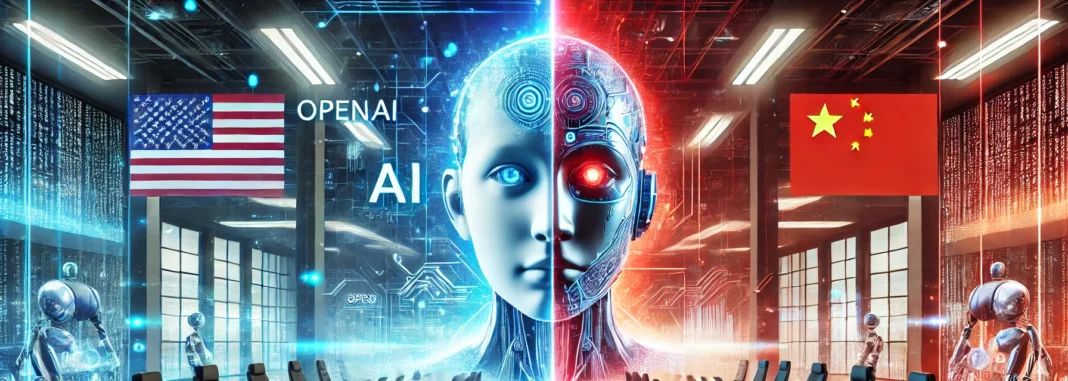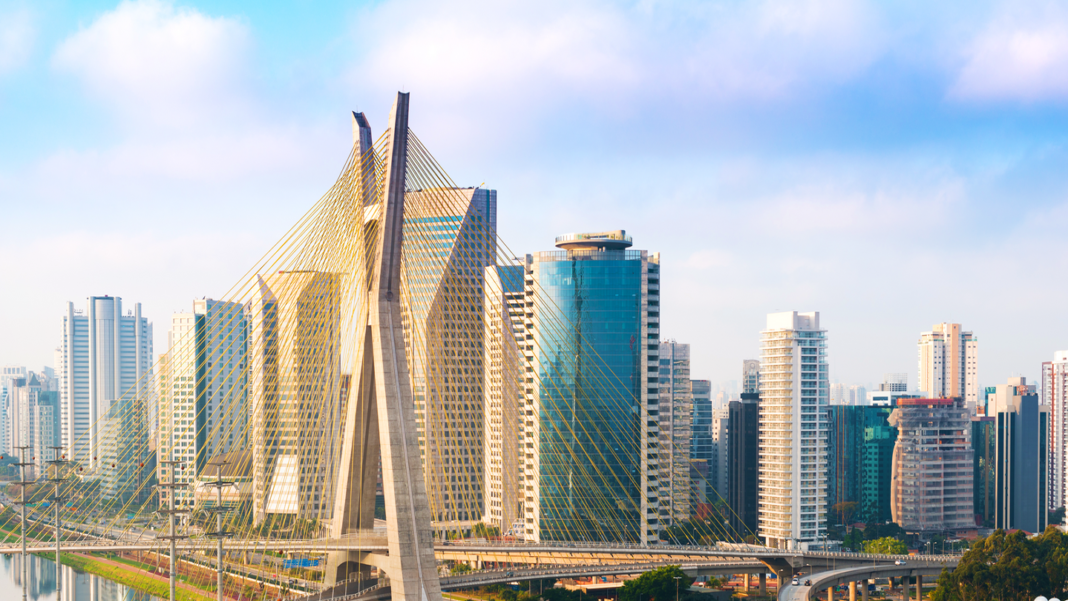Introduction: A Tale of Two AI Giants
Artificial Intelligence has become the new global arms race—not just in technology but in governance, ethics, and business strategy. Two recent events have put the industry under intense scrutiny:
- OpenAI’s boardroom crisis in November 2023, where CEO Sam Altman was abruptly fired and then reinstated after an employee revolt.
- The rise of DeepSeek, a Chinese AI model launched in January 2025, promising comparable performance to ChatGPT at a fraction of the cost.
These two developments highlight a much bigger question: Who really controls AI’s future—companies, investors, employees, or governments?
While OpenAI’s turmoil raises concerns about governance and corporate influence, DeepSeek’s emergence is challenging the Western dominance of AI, signaling a shift in the balance of power. But is this a natural evolution of the AI industry, or are we on the brink of an AI Cold War?
OpenAI’s Leadership Turmoil: Power, Ethics, or Business as Usual?
The November 2023 Crisis
On November 17, 2023, OpenAI’s board abruptly fired Sam Altman, citing concerns over a lack of transparency in communication. This triggered a corporate mutiny:
- Over 700 of OpenAI’s 770 employees signed a letter demanding Altman’s return.
- Microsoft, OpenAI’s biggest investor ($10B+), quickly offered Altman a leadership role at their AI division.
- November 21, 2023: Under pressure, OpenAI’s board reinstated Altman, completely reshuffling leadership.
This unprecedented reversal raised pressing concerns:
- Who should govern AI development—corporate boards or market-driven forces?
- Was this about ethics, or simply a power struggle over AI’s future?
🔍 Source: The Verge, November 17, 2023
Sam Altman Speaks: AI, Power, and Market Forces
In a December 2024 interview, Altman reflected on AI’s impact on jobs and regulation:
“The people who embrace AI will have an advantage, and those who resist it will struggle. It’s that simple.”
He also acknowledged concerns over AI regulation:
“We need oversight, especially for future AGI (Artificial General Intelligence), but overregulation will kill innovation. We can’t afford that.”
🔍 Source: New York Post, December 19, 2024
But if AI is too powerful to regulate traditionally, who gets to decide what’s “safe”? The OpenAI crisis left this question unanswered.
DeepSeek: China’s Disruptor in the AI Race
The Rise of DeepSeek
On January 27, 2025, DeepSeek, an AI model developed in China, was unveiled. Its creators claim it can match GPT-4-level performance while being significantly cheaper to train and deploy.
DeepSeek’s launch had immediate global implications:
- U.S. AI firms lost billions in market value, as investors feared a new competitor.
- China positioned itself as an AI leader, sparking concerns over an AI Cold War between the U.S. and China.
🔍 Source: Reuters, January 27, 2025
DeepSeek Founder Liang Wenfeng’s Radical Hiring Philosophy
Liang Wenfeng, DeepSeek’s founder, has an unconventional approach to AI innovation. In a 2023 interview, he shared:
“We don’t hire the most experienced engineers. We hire the most curious. Experience often limits creativity.”
This high-risk, high-reward strategy allowed DeepSeek to develop advanced AI without the massive costs of OpenAI or Google. But is this a revolutionary approach, or a potential oversight in safety?
🔍 Source: Business Insider, January 2025
The Battle for AI Supremacy: Key Questions with No Clear Answers
1. Corporate Governance vs. Market Forces
- OpenAI’s leadership crisis revealed how employee and investor pressure can override corporate boards.
- Is this a shift toward employee-led decision-making, or a one-off corporate power struggle?
2. AI Regulation vs. Innovation
- Altman believes regulation should only apply to extreme cases like AGI.
- DeepSeek, operating under China’s AI policies, faces different oversight.
- Should AI be nationally controlled, or should an independent global body regulate AI development?
3. The AI Cold War: U.S. vs. China?
- DeepSeek’s emergence challenges U.S. AI dominance.
- Will this trigger an AI arms race like the Cold War’s nuclear competition?
- Could AI development become a national security issue, leading to AI protectionism?
Final Thoughts: The AI Power Play Continues
OpenAI’s leadership crisis and DeepSeek’s rise are two sides of the same coin—a battle for control in the AI industry.
The OpenAI saga exposed governance flaws, but DeepSeek’s emergence challenged Western AI dominance. Both events signal a major shift in the global AI landscape.
But here’s the real question:
👉 Will AI be controlled by companies, governments, or a new independent AI oversight body?
👉 Is AI governance even possible, or is the technology advancing too fast for regulation to keep up?
Sources:
- The Verge, November 17, 2023 – “Sam Altman fired as CEO of OpenAI”
- Reuters, November 20, 2023 – “Microsoft CEO says Sam Altman will be joining Microsoft”
- NPR, November 22, 2023 – “OpenAI reinstates Sam Altman as its chief executive”
- New York Post, December 19, 2024 – “Sam Altman on the future of AI and regulation”
- Reuters, January 27, 2025 – “What is DeepSeek and why is it disrupting the AI sector?”
- Business Insider, January 2025 – “DeepSeek’s founder explains his radical hiring strategy”
- The Guardian, February 1, 2025 – “DeepSeek, ChatGPT, Grok … which is the best AI assistant? We put them to the test”
Disclaimer:
This article is intended for informational purposes only. It does not seek to attribute blame or draw definitive conclusions about any individual, company, or entity mentioned. The views and opinions presented are based on publicly available sources and interviews, and do not necessarily reflect those of BizBreaker or its editorial team. Readers are encouraged to conduct further research and draw their own conclusions about the evolving landscape of AI and corporate governance.
Author Bio:
Alex Murphy is an investigative journalist who specializes in uncovering emerging business trends and technologies shaping the future.



